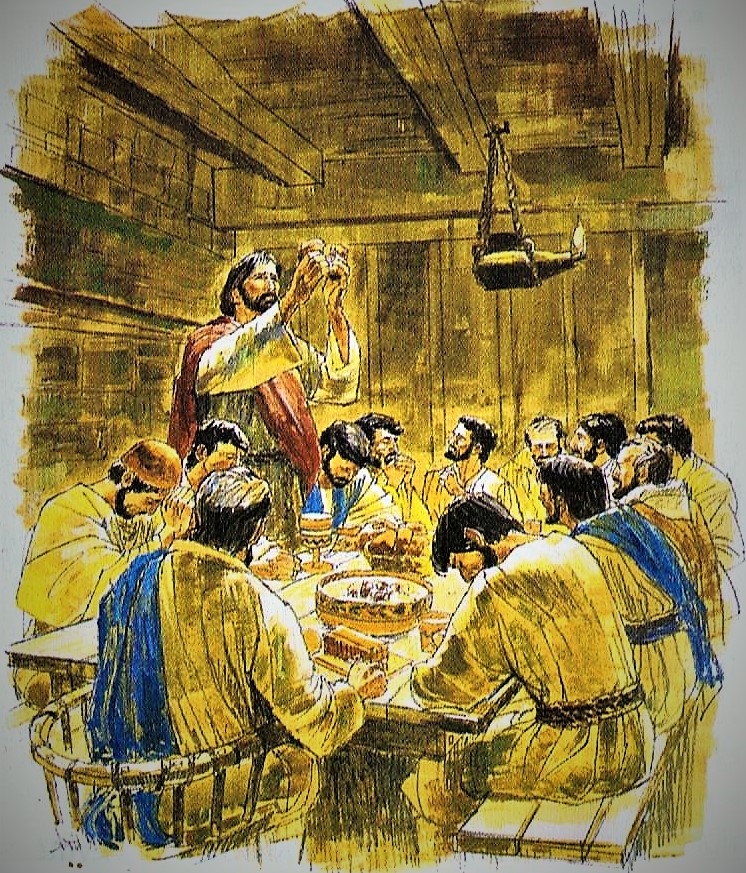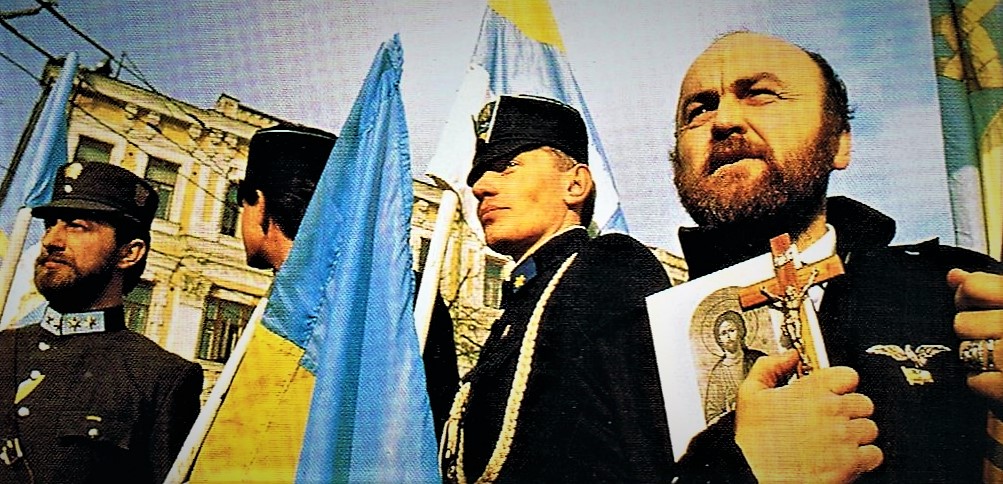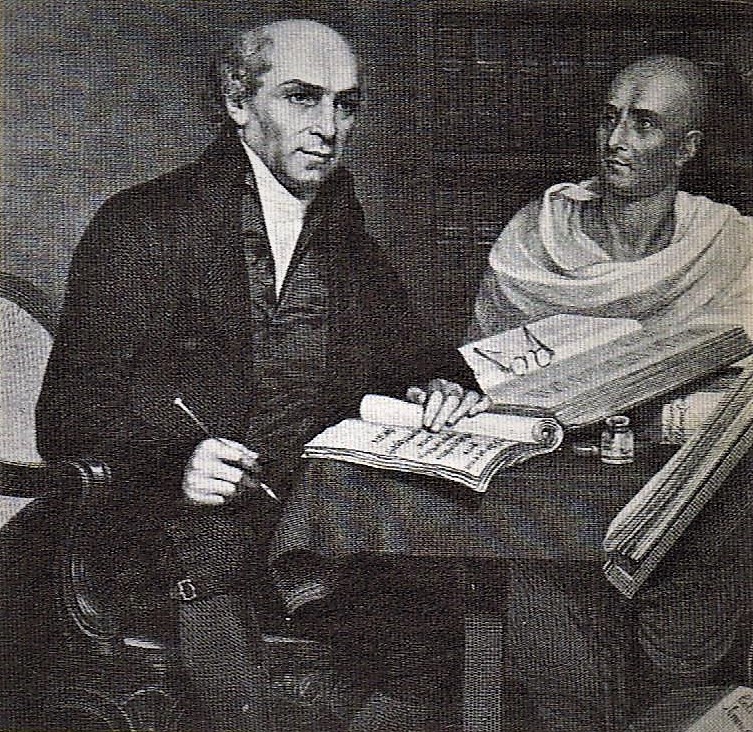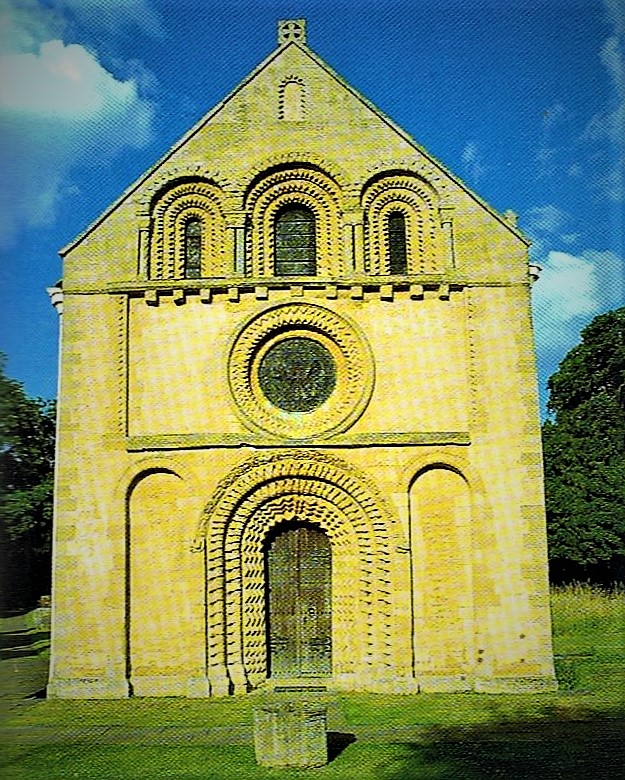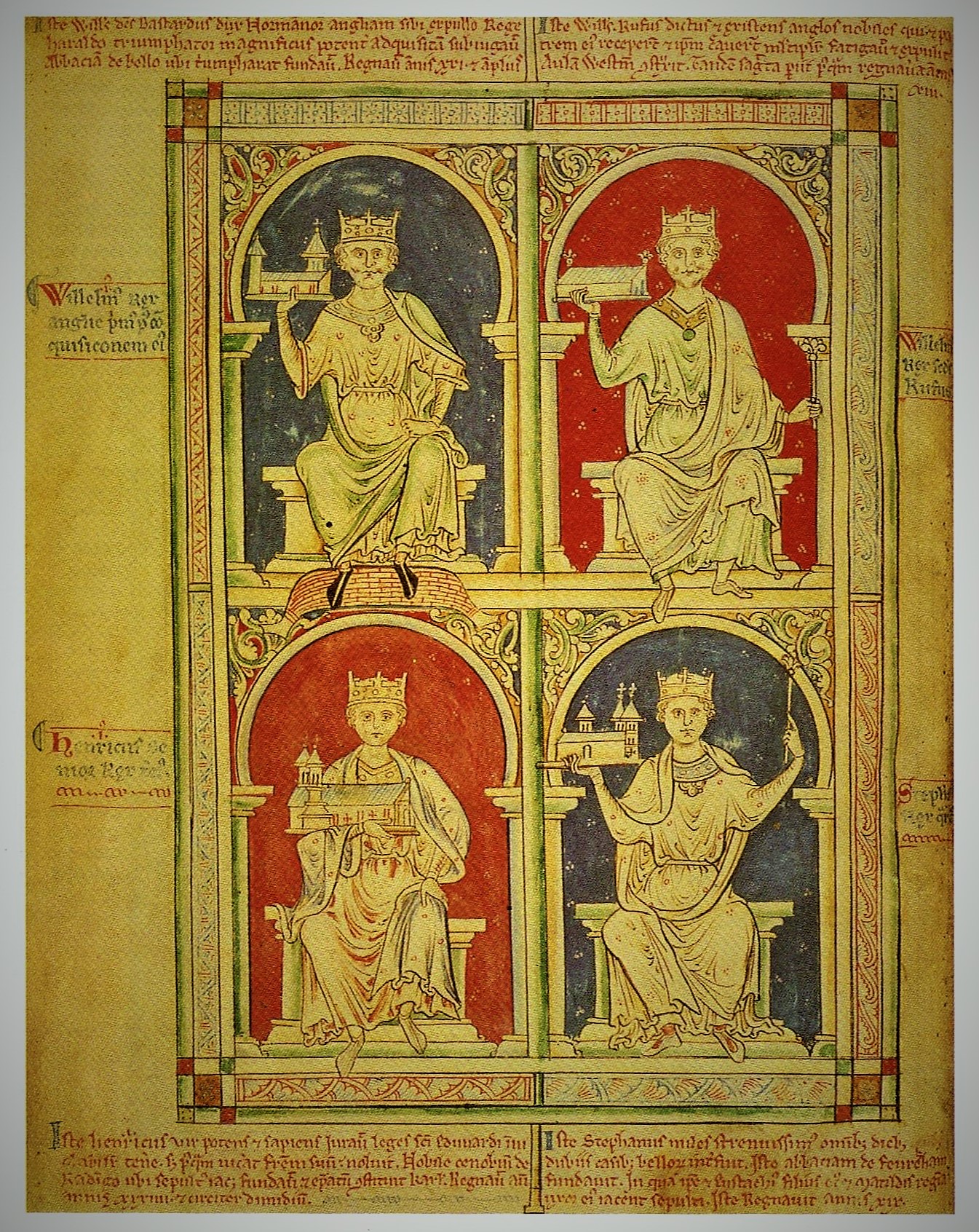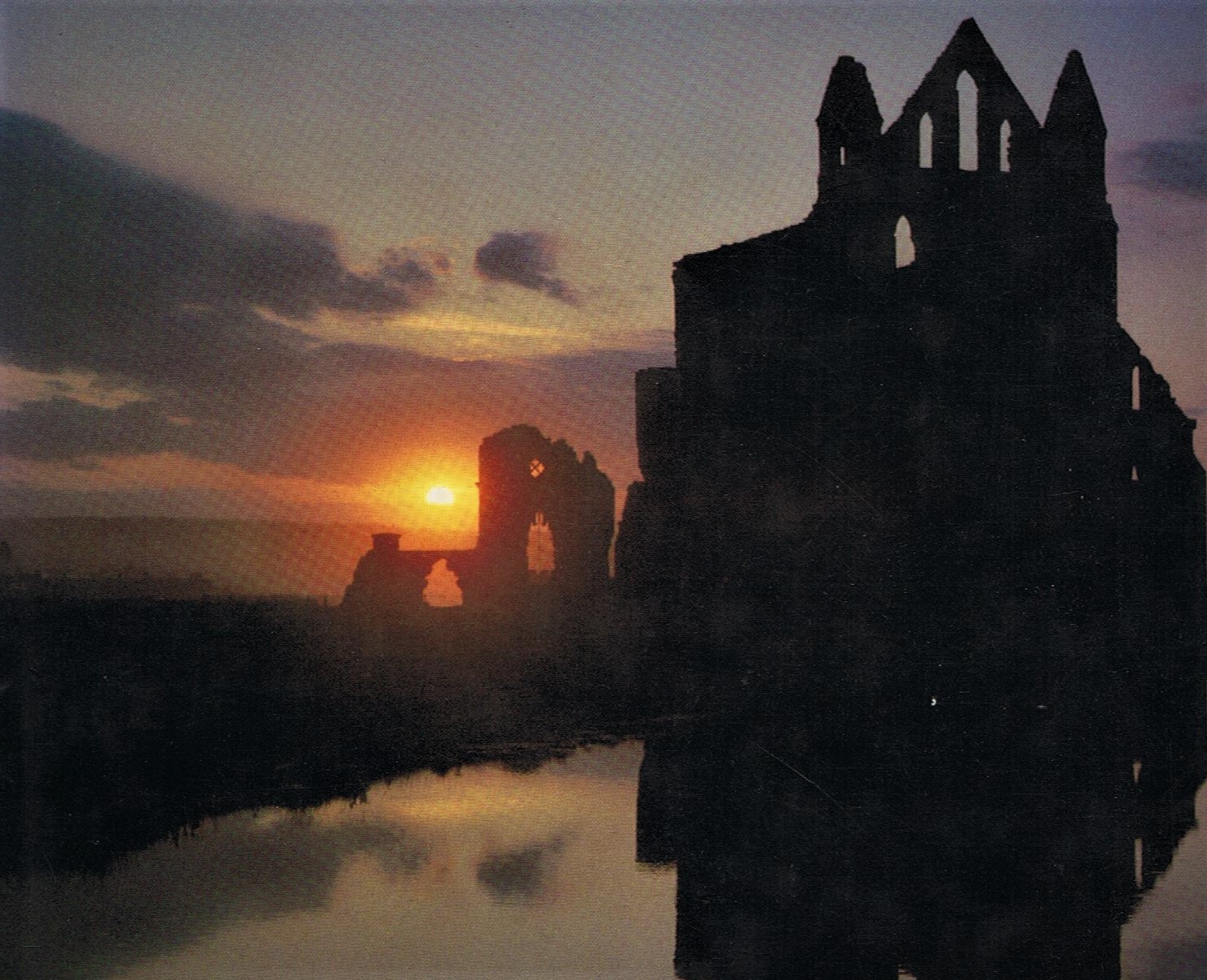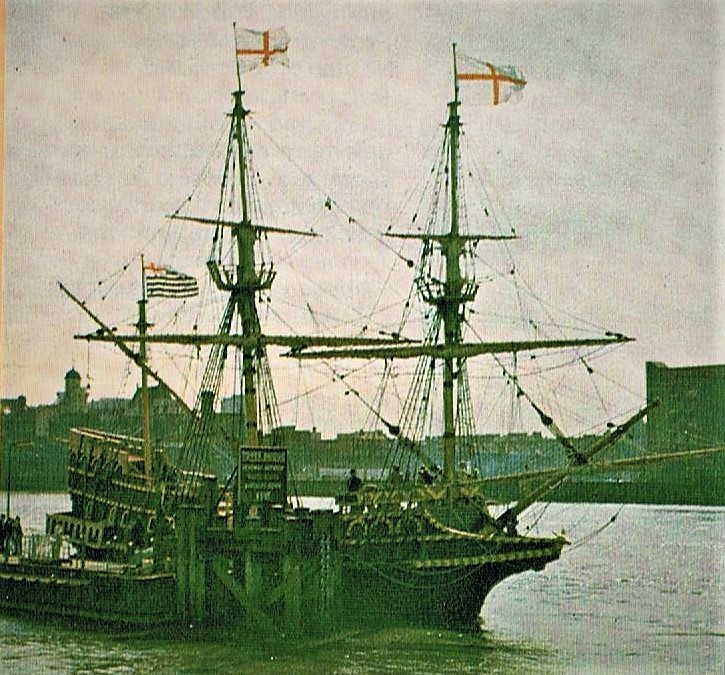Britain’s Involvement in Sudan & the Expansion of Empire: The ongoing para-military events in and around Khartoum, and in Sudan more generally, have exercised my mind as to why there are so many British people in the Sudanese capital, and what role the historic links with Britain have played in the origins of the recentContinue reading “Sudan – Legacies of Empire: The Causes & Consequences of Imperial Conflicts in North & East Africa, circa 1865-1965. Part One – 1865-1905.”
Category Archives: Slave Trade
“Let My People Go, that they may serve me!”: The Passover & The Exodus.
Pesach or ‘The Passover’: Pesach, usually called ‘The Passover’ in English, is the greatest of the Jewish festivals, the holiday of the year and the oldest in the Jewish calendar. Like the Christian Easter, which partly originates from it, it varies in date from year to year, but occurs in spring and lasts for sevenContinue reading ““Let My People Go, that they may serve me!”: The Passover & The Exodus.”
Who are the Ukrainians? Mythology & History, Part II: 1801-2001 – From Napoleon’s Empire to end of Empires?
Putin’s Perverse & Very Unorthodox History: In a letter of 10th March, H.H. Patriarch Kirill ‘of Moscow and all Russia’ replied to a letter sent on 2nd March by World Council of Churches (WCC) acting general secretary Rev. Prof. Dr Ioan Sauca asking the Patriarch of the Russian Orthodox Church to mediate so that theContinue reading “Who are the Ukrainians? Mythology & History, Part II: 1801-2001 – From Napoleon’s Empire to end of Empires?”
Scenes from Baptist History, 1814-1914: Missionaries, Mechanics & Manufacturers.
Includes a scene from Regent Street Baptist Church, Smethwick, Birmingham, from November 1897, ‘The Church in Meeting Assembled’ by Rev. A. J. Chandler, Minister of Bearwood Baptist Church, Birmingham, 1965-79. Revival, ‘Respectability’ & Reform in Britain, 1814-1859: In 1814, there was an evangelistic revival at Redruth in Cornwall which continued for nine days. An eye-witnessContinue reading “Scenes from Baptist History, 1814-1914: Missionaries, Mechanics & Manufacturers.”
Scenes from Baptist History: Persecution of the Puritans, Evangelical Revival & William Carey, 1662-1812.
Persecution of All ‘Nonconformists’, 1662-87: It was not until 1687 that the dissenting or ‘nonconformist’ churches felt able to look back upon ye Times of our late Troubles since the Act of Uniformity in 1662 had taken away the relative toleration they had experienced in the Interregnum. The Presbyterian minister Richard Baxter (1615-91) had takenContinue reading “Scenes from Baptist History: Persecution of the Puritans, Evangelical Revival & William Carey, 1662-1812.”
The End of Saxon England? Revisiting the Norman Conquest, 1035-1135: Chapter II – Castles, Abbeys, Cathedrals & Churches.
Knights, Barons & Castles: The knights who served William ‘the Conqueror’ were armed in many respects as their English opponents, wearing mail hauberks and conical helmets, and carrying kite-shaped shields, lances, swords and maces. If battlefield tactics were dominated by the mounted knight, the strategies of war were increasingly subject to the powerful influence ofContinue reading “The End of Saxon England? Revisiting the Norman Conquest, 1035-1135: Chapter II – Castles, Abbeys, Cathedrals & Churches.”
The End of Saxon England? Revisiting the Norman Conquest: Chapter I – The Confessor, the Conqueror & the House of Wessex, 1035-1135
The Tragedy of Harold Godwinson: The story of the Norman ‘takeover’ of England has been told very often, most vividly in one of the earliest accounts in the form of Queen Matilda’s tapestry, still kept in Bayeux, which gives it the name it is better known by. French legend maintained the tapestry was commissioned andContinue reading “The End of Saxon England? Revisiting the Norman Conquest: Chapter I – The Confessor, the Conqueror & the House of Wessex, 1035-1135”
The False Dawn: Saxons, Celts and Britons, 616-839 – From Edwin of Northumbria to Egbert of Wessex.
The (no-longer-so-dark) Dark Ages: Since the discovery of the Sutton Hoo burial in Suffolk in 1939, archaeology has continued to shed light on the ‘Dark Ages’, where documentary evidence is lacking. The distribution of pagan fifth-century Anglo-Saxon burials indicates the probable areas of earliest English settlement in Britain. The English ‘advance’ continued throughout the periodContinue reading “The False Dawn: Saxons, Celts and Britons, 616-839 – From Edwin of Northumbria to Egbert of Wessex.”
Four Hundred Years Ago: The Birth of a ‘New England’ – Trans-Atlantic Separatists & the Language of Dissent.
‘The Ship they called the Mayflower‘: The 16th September 2020 marks the four hundredth anniversary of the departure of the ship, Mayflower, from Plymouth Sound in Devon, England. The ‘Pilgrim Fathers’ were drawn from the Puritan separatists who had set up illegal churches in Lincolnshire and other parts of East Anglia. Threatened with fines and/orContinue reading “Four Hundred Years Ago: The Birth of a ‘New England’ – Trans-Atlantic Separatists & the Language of Dissent.”
Imperial Islands, Caribbean Englishes & Atlantic Economies, circa 1630-1980
‘Little England’ & ‘Pidgin’ English: Some interpretations of Britain’s imperial past have charged the ‘White British’ with using the Caribbean islands in general and Barbados in particular as a ‘dumping ground’ for Black slaves. In fact, the first settlers there were White Catholics, according to the Jesuit priest who met them in 1634, both IrishContinue reading “Imperial Islands, Caribbean Englishes & Atlantic Economies, circa 1630-1980”

